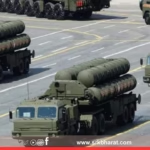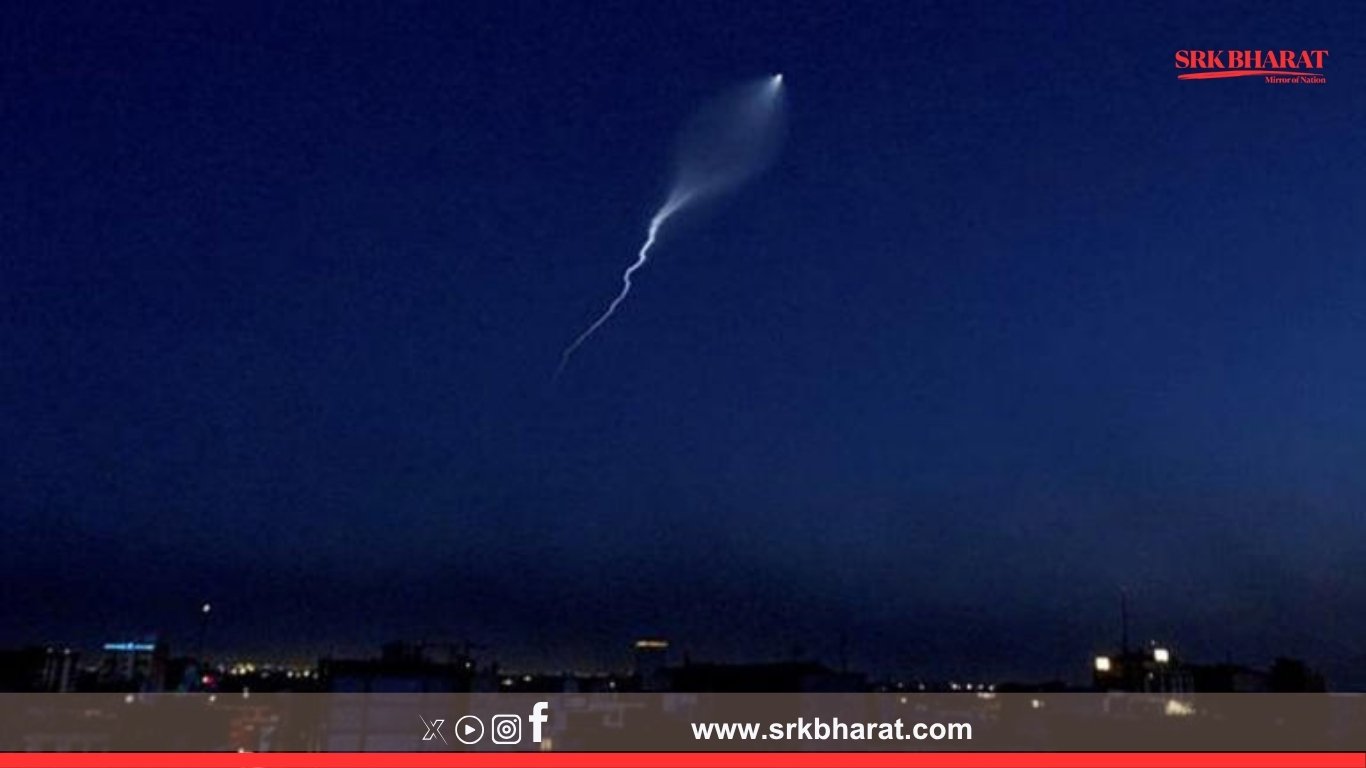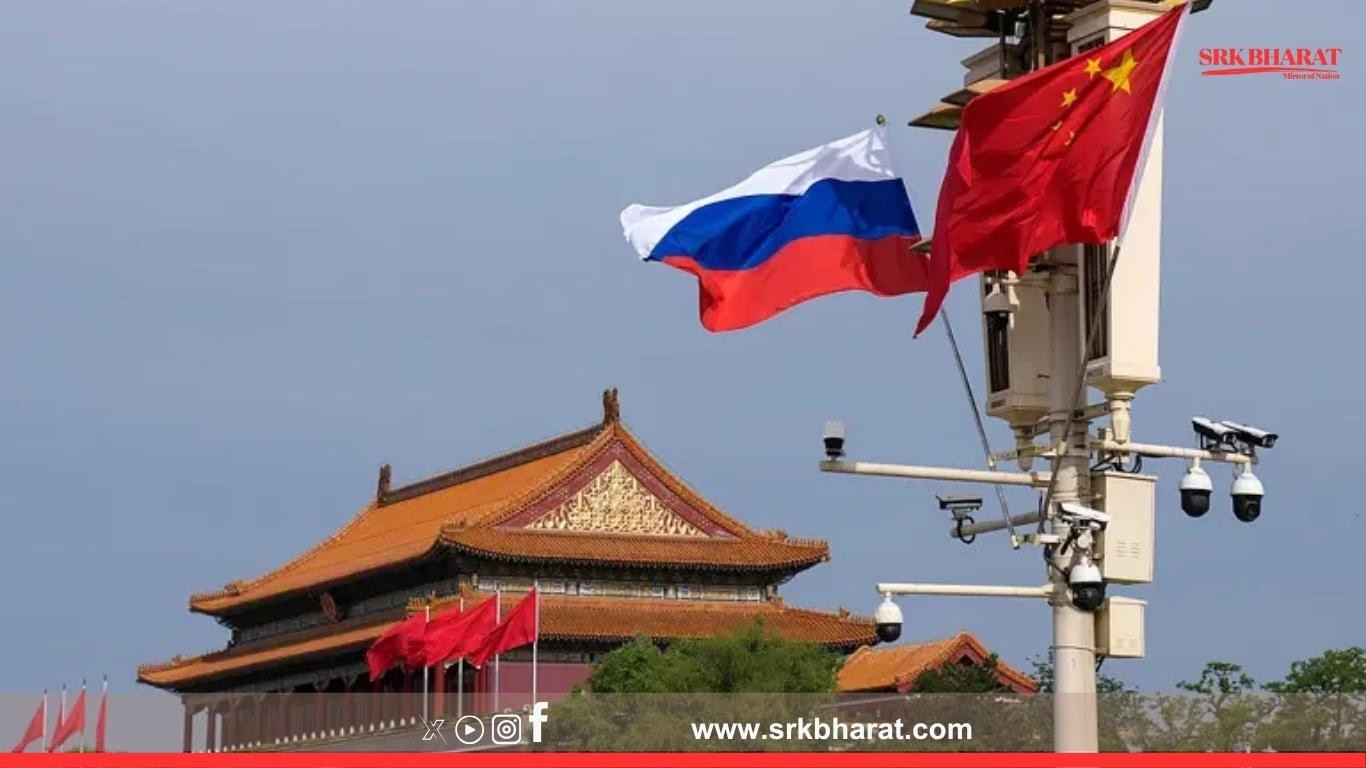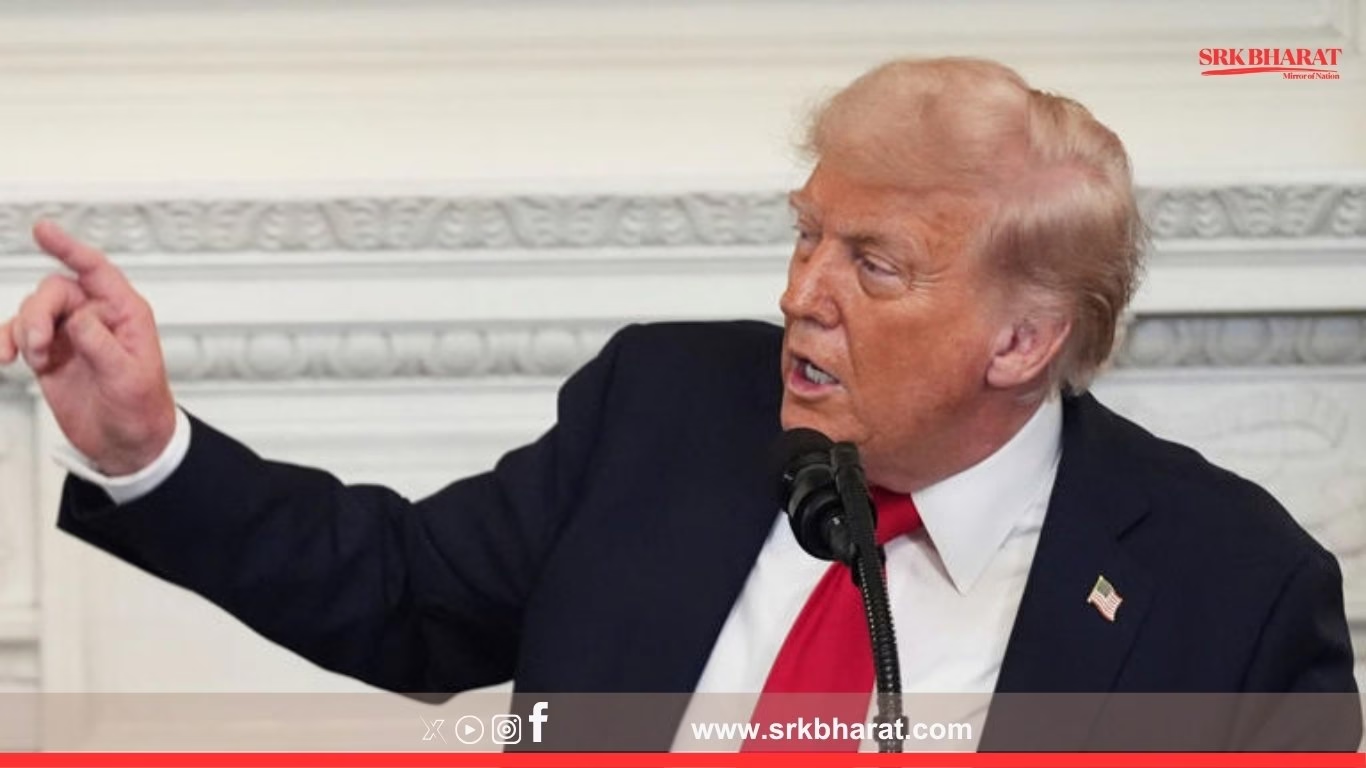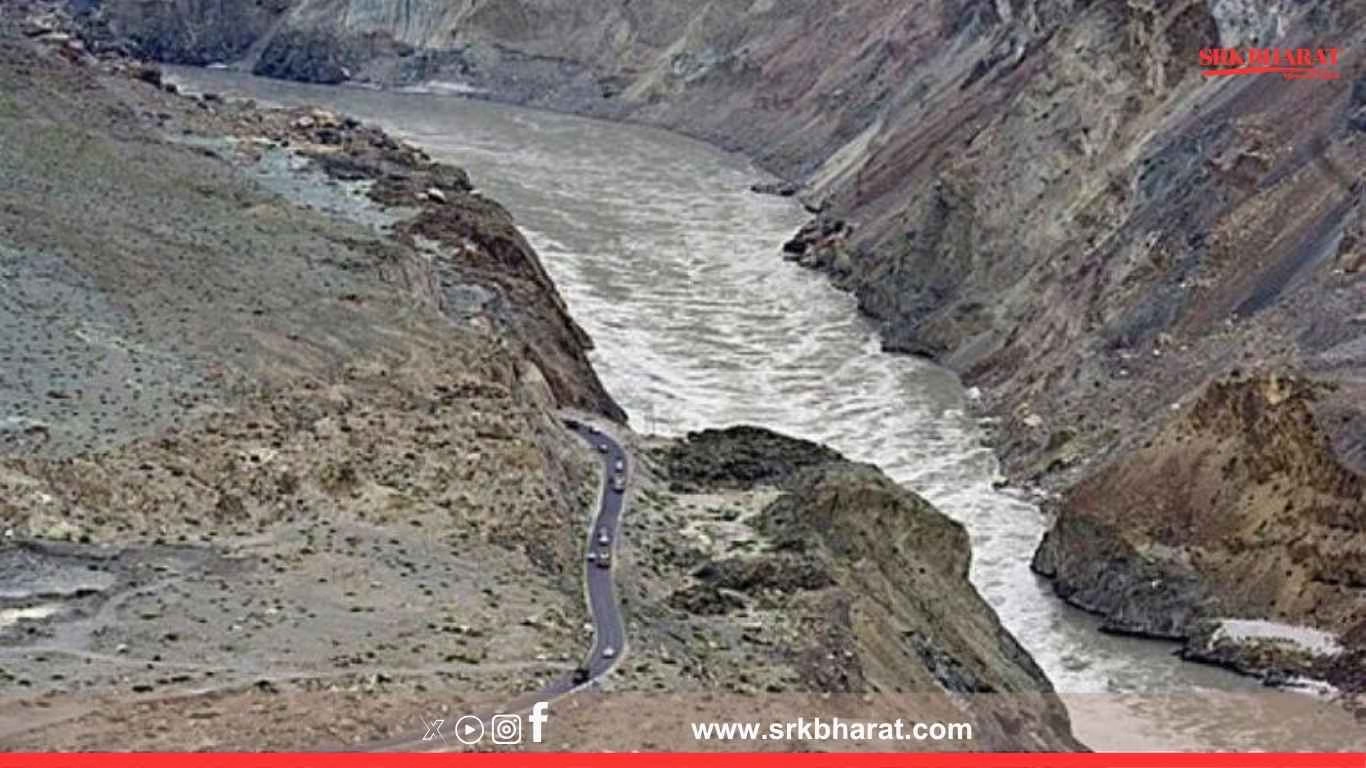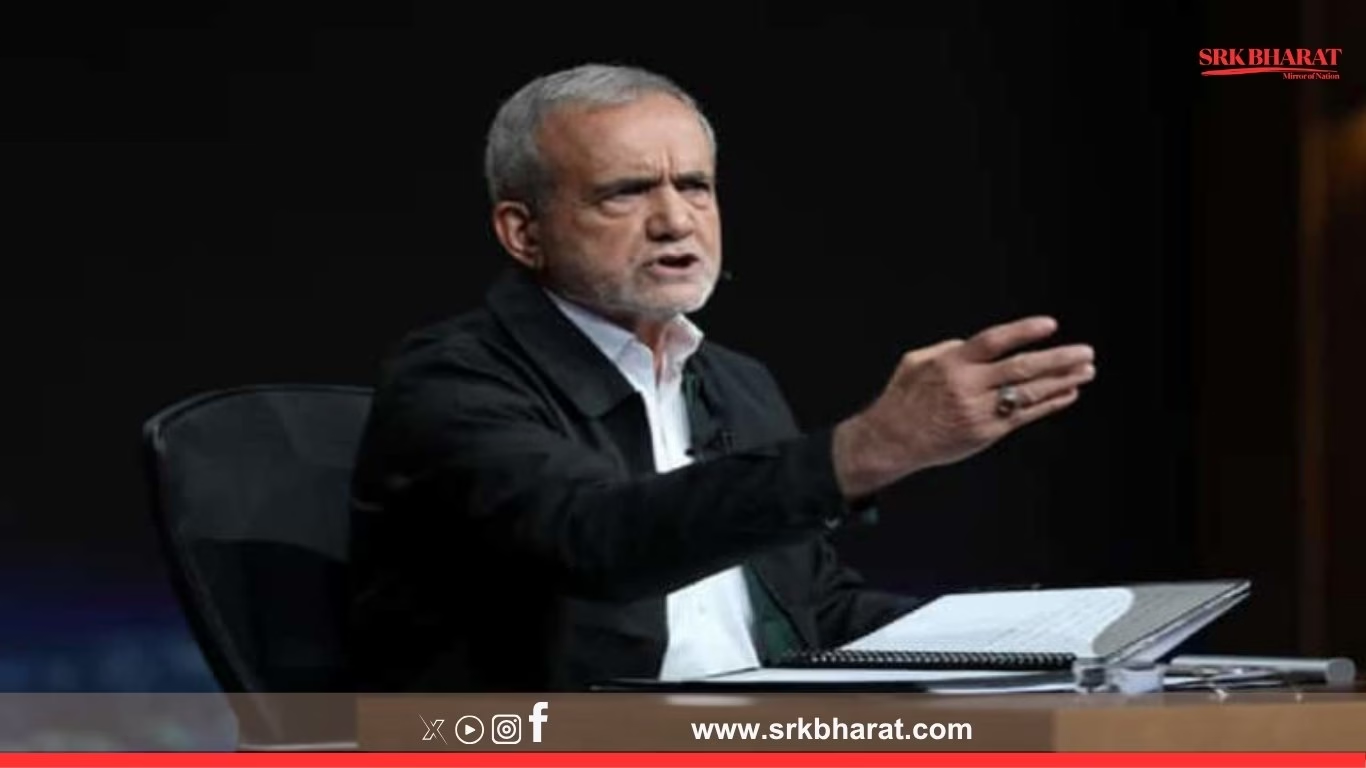The Iranian government on Monday confirmed that more than 1,000 Iranian citizens and military personnel have been killed so far in the ongoing conflict with Israel, marking one of the deadliest escalations in the region’s history in recent years. Officials warned that the death toll is expected to rise further as clashes continue along multiple fronts, with missile strikes and drone attacks intensifying since late last week.
Official Statement Confirms High Casualties
Iranian Health Ministry and defence officials revealed the grim figures in coordinated press briefings, outlining that:
- Over 1,000 people have died, including Revolutionary Guard Corps (IRGC) personnel, regular military forces, and civilians.
- Thousands injured, many critically, with hospitals in Tehran, Isfahan, Shiraz, and border provinces overwhelmed.
- Damage assessments are ongoing as missile strikes, drone attacks, and counter-strikes continue to target military installations, airbases, and suspected nuclear sites.
How The Conflict Escalated
The current war erupted after weeks of heightened tensions involving Iranian proxy militias and Israeli forces across Syria and Lebanon. The situation escalated dramatically following:
- Israeli airstrikes targeting IRGC facilities in Syria, which Iran claims killed senior commanders.
- Retaliatory missile attacks by Iran against Israeli airbases and strategic assets.
- An Israeli counter-offensive targeting multiple Iranian cities and infrastructure hubs with air and cyber attacks.
Areas Worst Affected in Iran
| Region/City | Nature of Attacks | Reported Casualties |
|---|---|---|
| Tehran (military bases) | Drone strikes, suspected cyber disruptions | 120+ dead |
| Isfahan (nuclear facilities zone) | Missile attacks | 200+ dead |
| Khuzestan (oil installations) | Explosions and sabotage | 150+ dead |
| Kermanshah (IRGC airbase) | Heavy aerial bombardment | 350+ dead |
| Shiraz (civilian areas affected by stray missiles) | Indirect damages | 180+ dead |
Defence analysts believe Isfahan and Khuzestan remain high-risk targets due to their strategic importance for Iran’s nuclear and oil sectors, potentially triggering wider environmental and economic impacts if attacks persist.
Government Issues Warning On Rising Death Toll
Iranian Interior Minister Ahmad Vahidi stated:
“The martyrdom toll has crossed a thousand. Emergency rescue and military units are working day and night. We expect the numbers to rise given the continuing hostilities and injuries in critical condition.”
He urged civilians to avoid non-essential travel, stock food and medical supplies, and remain vigilant for air raid alerts in the coming days.
Israel Maintains Strategic Silence On Casualty Numbers
While Iranian media has reported the death toll widely, Israel has maintained operational secrecy on the precise impact of Iranian missile attacks on its territory. Analysts suggest that:
- Israel’s Iron Dome and Arrow defence systems have intercepted most incoming missiles, though minor infrastructural damage and injuries have been reported in Tel Aviv, Haifa, and Negev regions.
- Israeli Defence Forces (IDF) continue to target Iranian launch sites, command centres, and suspected nuclear facilities, aiming to cripple Iran’s retaliatory capabilities swiftly.
Global Reactions: UN, US, Russia Call For De-escalation
United Nations
UN Secretary-General Antonio Guterres called the conflict a “dangerous escalation that risks regional war beyond control”, urging both nations to ceasefire immediately.
United States
US Secretary of State Antony Blinken emphasised that America stands with Israel’s right to defend itself, while simultaneously urging restraint to prevent humanitarian catastrophe.
Russia
Russian Foreign Minister Sergey Lavrov warned that “continued hostilities between Iran and Israel could destabilise West Asia permanently and disrupt global energy supplies.”
Impact On Global Oil Markets
The Iran-Israel war has triggered volatility in international crude prices:
| Date | Brent Crude Price (USD/barrel) | Change |
|---|---|---|
| July 6, 2025 | $79.20 | +$0.20 |
| July 7, 2025 | $84.75 | +$5.55 |
| July 8, 2025 | $89.30 | +$4.55 |
Fears of supply disruptions from Iran, OPEC’s third-largest oil producer, are leading to speculation-driven price hikes globally, impacting fuel-importing economies like India and Southeast Asian nations.
Humanitarian Concerns Mount
Iranian Red Crescent Society has flagged severe blood shortages and urgent medical supply needs in western provinces, urging international humanitarian agencies for support. Hospitals are reportedly:
- Operating beyond 140% capacity.
- Facing shortages of critical medicines for burn injuries and trauma care.
- Struggling with intermittent power cuts amid intensified drone strikes.
Possible Scenarios Ahead
| Scenario | Likelihood | Implications |
|---|---|---|
| Ceasefire brokered by UN or Russia | Moderate | Temporary halt to attacks, opening channels for diplomatic negotiation. |
| Full-scale regional war involving Lebanon, Syria, and Gulf states | High | Widespread humanitarian disaster, refugee crisis, and economic shockwaves globally. |
| Targeted Israeli strikes on Iran’s nuclear sites | High | Could provoke Iran’s direct attacks on US bases and Gulf oil installations. |
Expert Opinions
Rajeev Chaudhary, West Asia security analyst, commented:
“The death toll surpassing 1,000 within days shows the intensity of Israeli strikes. Both sides have technological and cyber warfare prowess, but the Iranian civilian population will suffer disproportionate consequences.”
Prerna Mishra, oil markets strategist, added:
“Unless a ceasefire is achieved within days, Brent crude could breach $100, fuelling inflationary pressures in major importing economies.”
Iran’s Domestic Political Implications
The war casualties are expected to have political repercussions in Iran, where:
- Hardline factions are pushing for escalation to demonstrate deterrence capability.
- Reformist voices caution that prolonged conflict could collapse the economy, isolate Iran further diplomatically, and spark domestic protests if living conditions deteriorate sharply.
Conclusion
As Iran’s government confirms over 1,000 deaths with warnings of the toll rising in the coming days, the Israel-Iran conflict has entered a dangerous new phase. With direct missile strikes, drone attacks, cyber warfare, and potential nuclear facility targeting underway, the region stands on the brink of a humanitarian and geopolitical crisis. Urgent international diplomatic intervention is essential to prevent further loss of life, regional destabilisation, and global economic repercussions.
Disclaimer: This news content is for informational reporting purposes only. Readers are advised to follow official updates from the Ministry of External Affairs, verified defence communications, and global agencies for real-time developments before drawing strategic or operational conclusions based on this evolving conflict.



